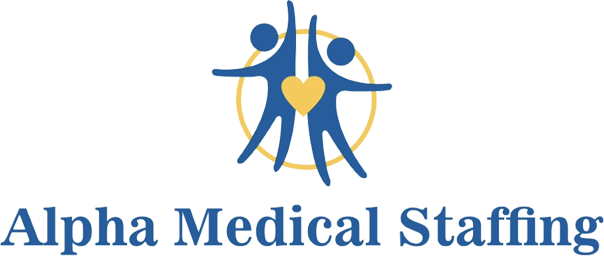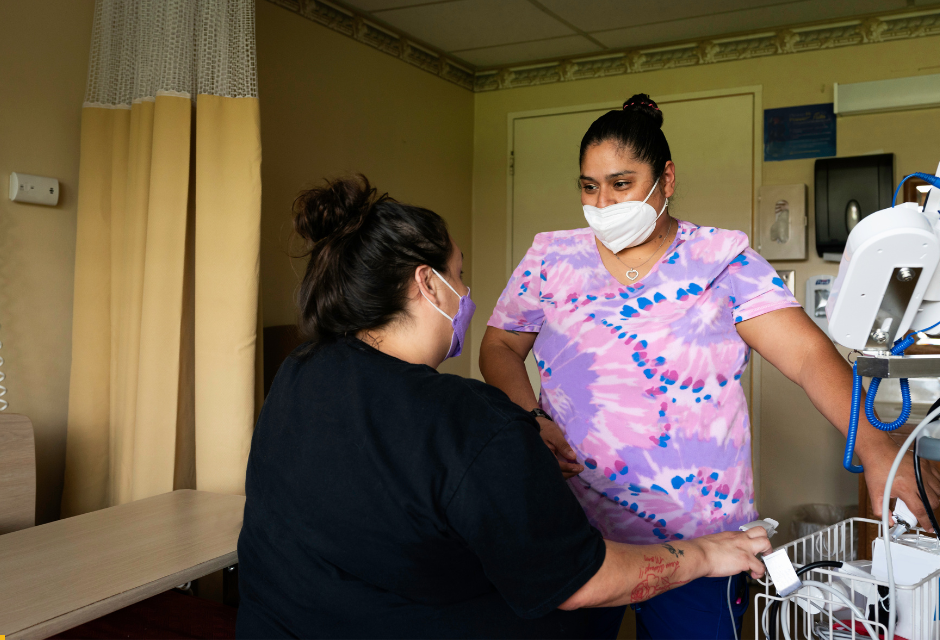In today’s dynamic healthcare landscape, finding and retaining qualified medical professionals has become increasingly challenging. According to a 2023 report by the Association of American Medical Colleges (AAMC), the United States is projected to face a shortage of between 37,800 and 124,000 physicians by 2034. This shortage, coupled with the growing demand for healthcare services, has made partnering with a healthcare staffing agency an essential strategy for many medical facilities. However, selecting the right staffing partner is crucial for ensuring high-quality patient care and operational efficiency. This article will provide valuable tips on choosing a healthcare staffing partner that aligns with your organization’s needs and values.
1. Assess the Agency’s Specialization and Experience
When considering a healthcare staffing partner, it’s essential to evaluate their specialization and experience in your specific field. The healthcare industry is vast and diverse, with numerous specialties and subspecialties. A staffing agency that focuses primarily on placing nurses may not be the best fit if you’re looking to staff a radiology department.
Look for agencies with a proven track record in your area of need. For example, if you’re a long-term care facility, seek out partners with extensive experience in geriatric care staffing. According to a 2022 survey by Staffing Industry Analysts, specialized healthcare staffing firms reported a 12% higher success rate in placements compared to general staffing agencies.
2. Verify Credentials and Compliance
The healthcare industry is heavily regulated, and ensuring compliance with all relevant laws and regulations is paramount. A reputable healthcare staffing partner should have robust processes in place for verifying credentials, conducting background checks, and maintaining up-to-date records for all their healthcare professionals.
Key areas to investigate include:
– Licensing and certification verification
– Background checks and drug screening protocols
– Compliance with state and federal regulations
– Ongoing education and training requirements
According to the National Association for Health Care Recruitment (NAHCR), 93% of healthcare organizations consider credential verification as the most critical factor when selecting a staffing partner.
3. Evaluate the Quality of Candidates
The ultimate goal of partnering with a healthcare staffing agency is to secure high-quality professionals who can seamlessly integrate into your team and provide excellent patient care. Inquire about the agency’s screening and selection process. A thorough process typically includes:
– In-depth interviews
– Skills assessments
– Reference checks
– Cultural fit evaluations
Ask for data on the agency’s placement success rates and retention statistics. The American Staffing Association reports that top-performing healthcare staffing firms maintain an average placement success rate of 85% or higher.
4. Consider Technology and Innovation
In today’s digital age, technology plays a crucial role in efficient staffing processes. A forward-thinking healthcare staffing partner should leverage cutting-edge technology to streamline recruitment, onboarding, and management of healthcare professionals.
Look for agencies that offer:
– Online portals for easy schedule management
– Mobile apps for quick communication and shift assignments
– AI-powered matching algorithms for better candidate-position fit
– Data analytics for performance tracking and optimization
A 2023 study by Deloitte found that healthcare organizations using staffing partners with advanced technological capabilities reported a 23% increase in fill rates and a 17% reduction in time-to-fill positions.
5. Assess Communication and Support
Effective communication is the cornerstone of any successful partnership. Your healthcare staffing partner should be responsive, transparent, and proactive in addressing your needs and concerns. Evaluate their communication channels and support structures, including:
– 24/7 availability for urgent staffing needs
– Dedicated account managers
– Regular performance reviews and feedback sessions
– Clear escalation procedures for issue resolution
According to a survey by Healthcare Staffing Technologies, 87% of healthcare facilities cited “quality of communication” as a top factor in their satisfaction with staffing partners.
6. Examine Flexibility and Scalability
Healthcare staffing needs can fluctuate dramatically due to seasonal variations, unexpected surges, or long-term growth. Your chosen staffing partner should be able to adapt to these changing demands quickly and efficiently.
Consider the agency’s:
– Ability to provide both short-term and long-term staffing solutions
– Size of their talent pool and geographic reach
– Capacity to scale up or down based on your needs
– Experience in handling crisis staffing situations
A 2023 report by Staffing Industry Analysts revealed that healthcare organizations working with flexible staffing partners were able to reduce their overtime costs by an average of 22%.
7. Review Pricing and Contract Terms
While cost shouldn’t be the sole determining factor, it’s undoubtedly an important consideration. Understand the agency’s pricing structure, including:
– Base rates for different professional categories
– Overtime and holiday pay policies
– Any additional fees or charges
Be wary of partners offering rates significantly below market average, as this may indicate compromises in quality or compliance. According to the Medical Group Management Association (MGMA), healthcare organizations should expect to pay between 1.5 to 2 times the base salary for temporary staffing through agencies.
Review contract terms carefully, paying attention to:
– Length of commitment
– Termination clauses
– Conversion fees for permanent placements
– Guarantees or refund policies for unsuccessful placements
8. Check References and Industry Reputation
Before making a final decision, thoroughly research the agency’s reputation within the healthcare industry. Request references from current and past clients, particularly those similar to your organization in size and specialty.
Check online reviews, ratings, and testimonials, but be sure to verify their authenticity. Look for recognition or awards from reputable industry associations. The Joint Commission offers a Health Care Staffing Services Certification, which is a mark of quality for staffing firms.
A survey by the National Association of Travel Healthcare Organizations found that 78% of healthcare facilities consider industry reputation as a “very important” factor when selecting a staffing partner.










